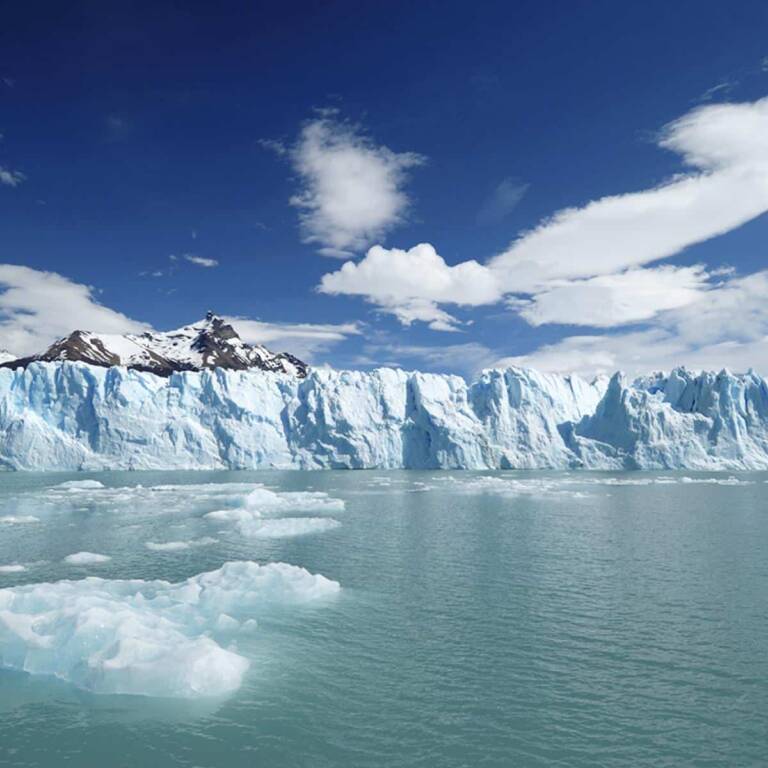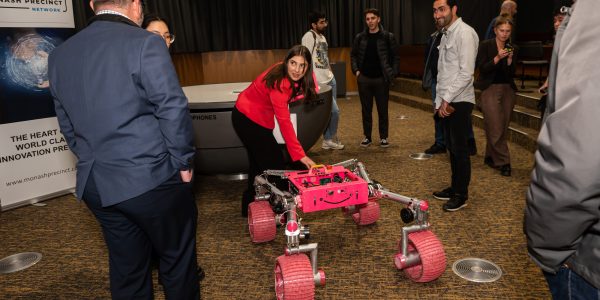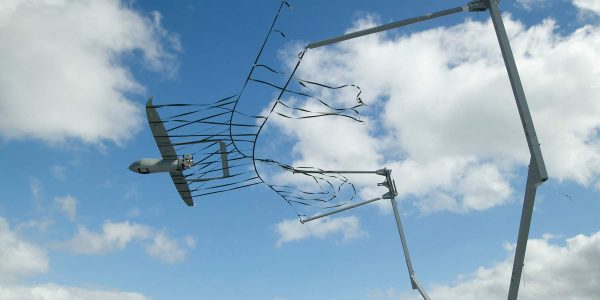(Left to right) Dr Krystyna Saunders, Dr Quan Hua and Dr Karina Meredith, who will contribute to the Antarctic research project on behalf of ANSTO
More than $56 million in funding was allocated by the Federal Government for research involving 29 research partners over seven years.
Research, led primarily by Monash University, will be conducted to transform environmental forecasting, optimise decision making and support biodiversity in Antarctica and the Southern Ocean. The project supports Australia’s priorities in the Australian Antarctic Strategy and Action Plan.
“With the most pristine environment on the planet and a unique climatological record in the land, ice, seas and atmosphere, it is crucially important to monitor how the area responds to climate changes,” said Prof Henk Heijnis, Leader, Environment Research, one of ANSTO’s early pioneers of Antarctic research.
“Our considerable track record in undertaking interdisciplinary environmental research to address challenges relating to environmental change, water resource sustainability and the impact of contaminants with key partners and collaborators, makes ANSTO well-positioned to support the new project,” said Heijnis.
“We use nuclear and isotopic techniques to reconstruct a history of variations in climate over different time scales using a range of environmental archives, such as sediment deposits, among many others.
“With our unique capabilities, we measure naturally occurring radionuclides and use isotopic techniques and other geochemical and biological indicators to identify the processes and drivers in the Earth’s climate. In this case, the focus will be Antarctica, where many of our environmental scientists already have experience.”
Key contributors from ANSTO include Dr Krystyna Saunders, a Senior Research Scientist with key expertise in palaeoclimatological and palaeoecological studies of lake sediments in the Sub-Antarctic; Dr Quan Hua, a Principal Research Scientist and internationally recognised expert in the application of radiocarbon measurements for Quaternary and climate change studies and Dr Karina Meredith, a Senior Research Scientist with expertise in hydrochemistry, hydrogeology and isotopic hydrology.
Dr Saunders will contribute to the extensive surveys microscopic algae (both living and fossil), water chemistry and peat and sediment coring on selected sub-Antarctic Islands and the Antarctic continent.
Dr Hua will continue to study the biological effects of Antarctic climate change and use living mosses as a proxy for monitoring coastal climate change there.
Dr Meredith will investigate lake water, shallow groundwater and sediment chemistry to understand the past and present environmental conditions of the Antarctic lakes.
Some of the specialist techniques available at ANSTO include X-ray fluorescence scanning, radiocarbon measurements of ultra-small samples, and the use of stable and radioactive isotopes for water chemistry.



